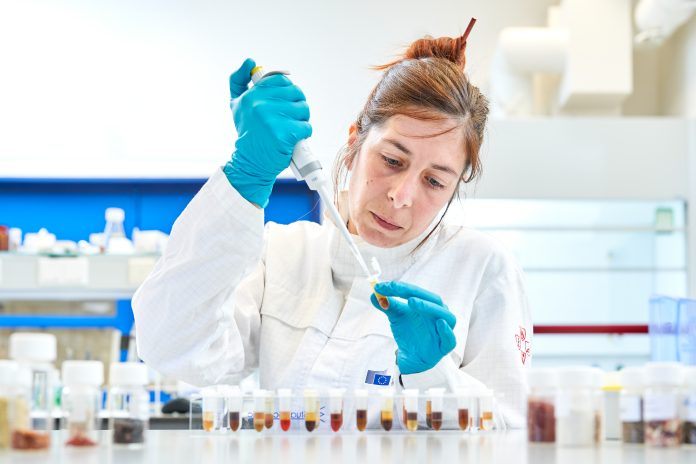Good policy builds on reliable science. Bernard Magenhann, Director-General of the Joint Research Centre (JRC), points out that investing in research at the EU level means supporting independent science to inform policymaking and, by extension, standards and norms that affect our daily lives
In the context of its proposed €1.98 trillion Multiannual Financial Framework (MFF) for 2028-2034, the European Commission takes an unprecedented stance on research by proposing a significant increase in its research and innovation budget.
The Joint Research Centre (JRC), the Commission’s in-house research service, plays a key role in supporting European Union (EU) goals through research and innovation. It acts as Europe’s scientific compass to ensure that EU policies are rooted in evidence. This means that the JRC’s research does not stay in laboratories and reports, it feeds into policymaking and positively impacts society.
Nuclear research beyond energy production
Originally established under the Euratom Treaty in 1957 to study nuclear energy, the JRC has evolved into a global point of reference for nuclear research. Its work has led to practical applications, such as the development of the TRANSURANUS code, which helps improve nuclear reactor safety.
Today, the JRC continues to be at the forefront of nuclear energy research. It investigates nuclear contributions to the clean energy transition and how advanced technologies, like small modular reactors (SMRs), can play a role. Our experts help policymakers evaluate how SMRs can complement the European energy mix and assess their compliance with EU safety frameworks.
The JRC’s nuclear research also includes many other areas, such as nuclear forensics, waste management, decommissioning and applications in healthcare. For instance, our experts developed a targeted alpha therapy to treat prostate cancer – an innovative approach with promising results in clinical trials.
From a nuclear research hub to a versatile trusted advisor
Today, JRC’s research extends way beyond nuclear energy, addressing complex challenges through a multidisciplinary approach. Our scientists work on 25 dynamic portfolios, combining knowledge from various fields to support the seven Commission priorities for 2024-2029.
For example, to support the Commission’s Competitiveness Compass and its plan for affordable energy, the JRC analyses sensitive data on energy trading activities to improve data quality and spot anomalies. This work enabled regulators to fine energy suppliers €122 million in 2024 due to irregular trading activities, benefitting taxpayers and promoting fair competition. A fair energy market helps keep prices down for consumers and is beneficial for industry too: it makes the EU more competitive with non-EU countries and unlocks investments.
Collaboration and transparency for a trustworthy decision-making process
Collaboration is one of the JRC’s core values. By working closely with Member States, international organisations, research entities, industry, civil society and academia, the JRC builds trust in the decision-making process, and ensures that EU policies are grounded in reality.
An example of successful cooperation is the JRC-led Sevilla Process, a participatory stakeholder process that crafts the environmental norms to be met by large industrial installations. This consensus-based approach contributed to a 40-75% reduction in polluting emissions over the last 15 years.
Knowledge sharing is also fostered through the JRC’s open-access programme, which provides researchers with access to 36 world-class laboratories and research infrastructures across five EU countries, promoting innovation, collaboration and capacity building. This model bridges the gap between research and industry, and maximises the return on taxpayers’ funded investment that the JRC has made on its research infrastructure.
Investing in research for a competitive future
Investing in research is essential for better policymaking and delivering innovation in industry and society. The JRC has been providing evidence-based knowledge to underpin EU policies for over 60 years, and its experts’ analysis, reports, and tools demonstrate the importance of investing in research at the EU level.
The JRC’s unique evidence-based contribution to EU policymaking and its commitment to collaboration, transparency, and open-access research make it an essential component of the EU’s research and innovation ecosystem.
As we look to the future, the JRC will continue to work closely with European policy makers, EU Member States and other partners to address complex challenges and ensure that science remains central to European policies. Securing a viable budget is essential for the JRC to uphold excellence in research and better serve Europe.











